OU News
News from The Open University
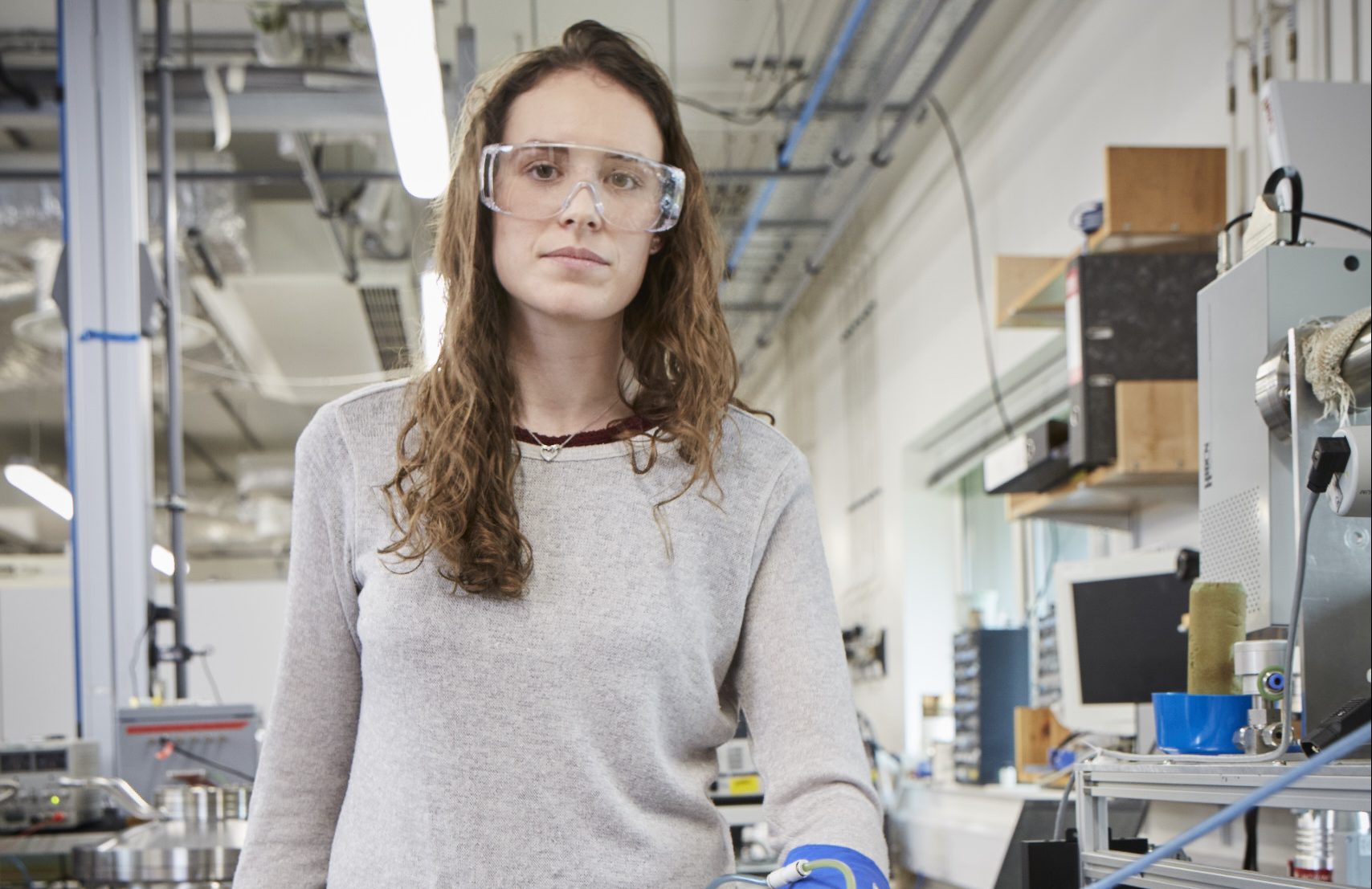
To the moon and back – OU student Hannah on breaking boundaries
Hannah Sargeant spends her days exploring the universe. As a planetary scientist and PhD researcher at The Open University, Hannah, 26, is fulfilling her childhood dream by researching all corners of the solar system. During her career, Hannah has been involved with international research projects to support a series of missions to the Moon, ultimately supporting future […]
Read more about To the moon and back – OU student Hannah on breaking boundaries
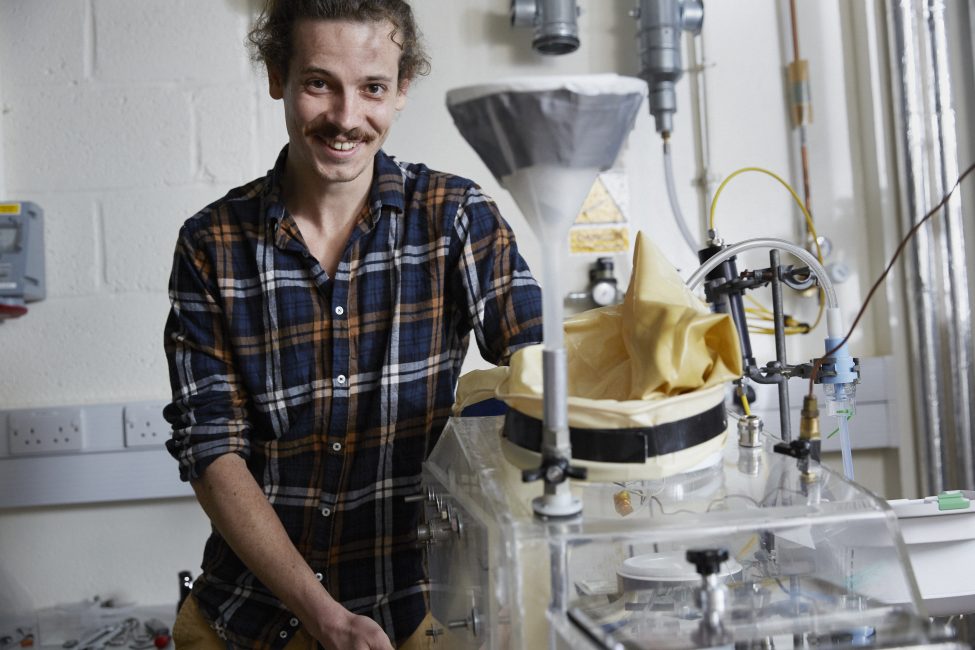
Shooting for the stars (and beyond)
How did the planets in our solar system come to be? This is just one of the questions PhD student Vincent Deguin, 28, and his fellow planetary scientists at The Open University are exploring. Vincent is working on pioneering research into the earliest stage of planet formation, building and testing equipment that will help to […]
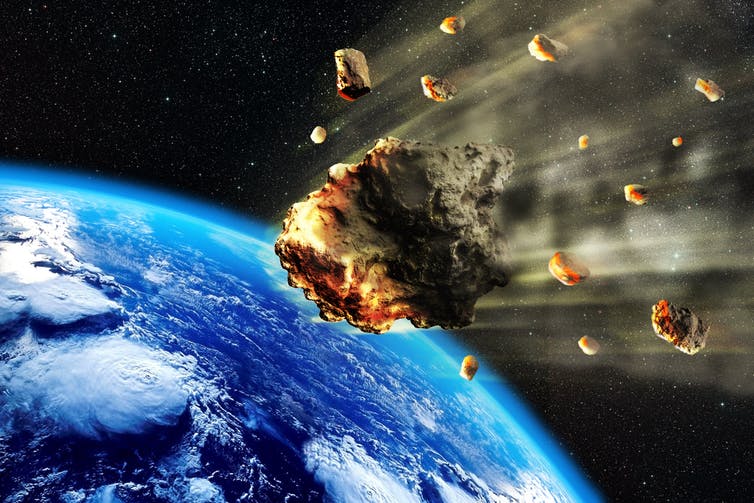
How did the Earth get its water? Asteroid sample gives a surprising answer
Monica Grady, The Open University writing for The Conversation. Water is essential for life on Earth and is one of our most precious natural resources. But considering how our planet formed, it is quite surprising how much water we still have. The Earth aggregated from a cloud of gas and dust – a protoplanetary disk […]
Read more about How did the Earth get its water? Asteroid sample gives a surprising answer

There are missing objects at the fringe of the solar system – new study puzzles astronomers
Professor David Rothery, Professor of Planetary Geosciences at The Open University discusses a new method to help see the unseen bodies that are in the Kuiper belt. In the dimly lit spaces of our solar system beyond Neptune’s orbit lies the Kuiper Belt. This a region between about 35 and 50 times further from the sun than […]

Chinese Moon landing: what we could learn from this historic mission
Last week a Chinese space mission made history when it landed on the far side of the moon and sent back images of this mysterious lunar territory. Here Dr Mahesh Anand, Reader in Planetary Science and Exploration at The Open University explains the significance of the mission and why it could lead to more. Chang’e-4 […]
Read more about Chinese Moon landing: what we could learn from this historic mission
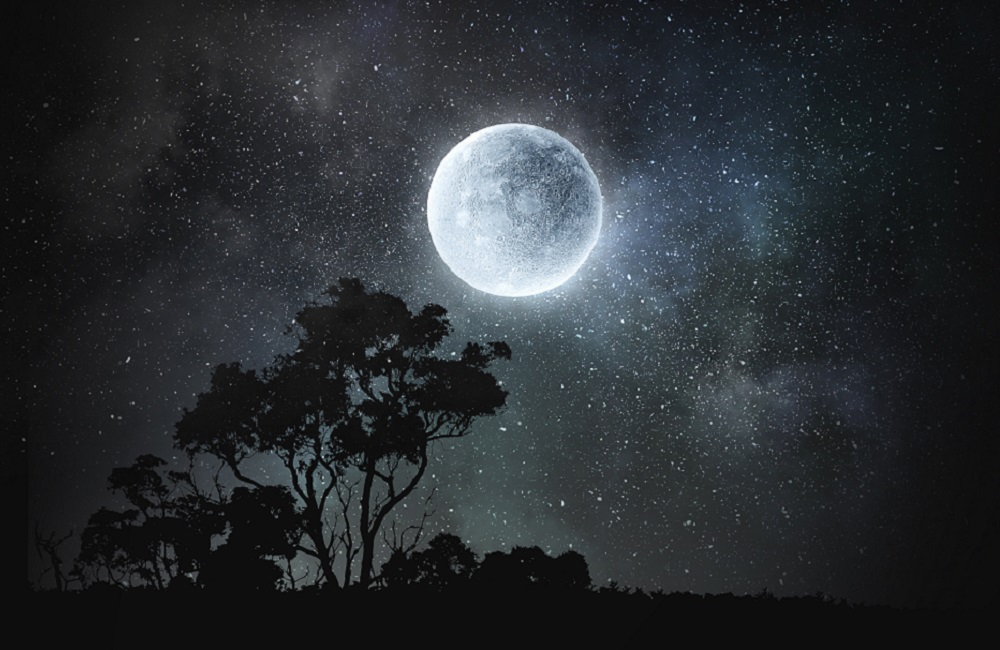
China goes where no one has gone before – the moon’s far side
Professor David Rothery, Professor of Planetary Geosciences at The Open University discusses China’s recent successful mission to land its robotic spacecraft on the far side of the moon – the first ever such attempt and landing. In a spectacular few days for solar system exploration – during which NASA whizzed the New Horizons spacecraft past the Kuiper Belt […]
Read more about China goes where no one has gone before – the moon’s far side
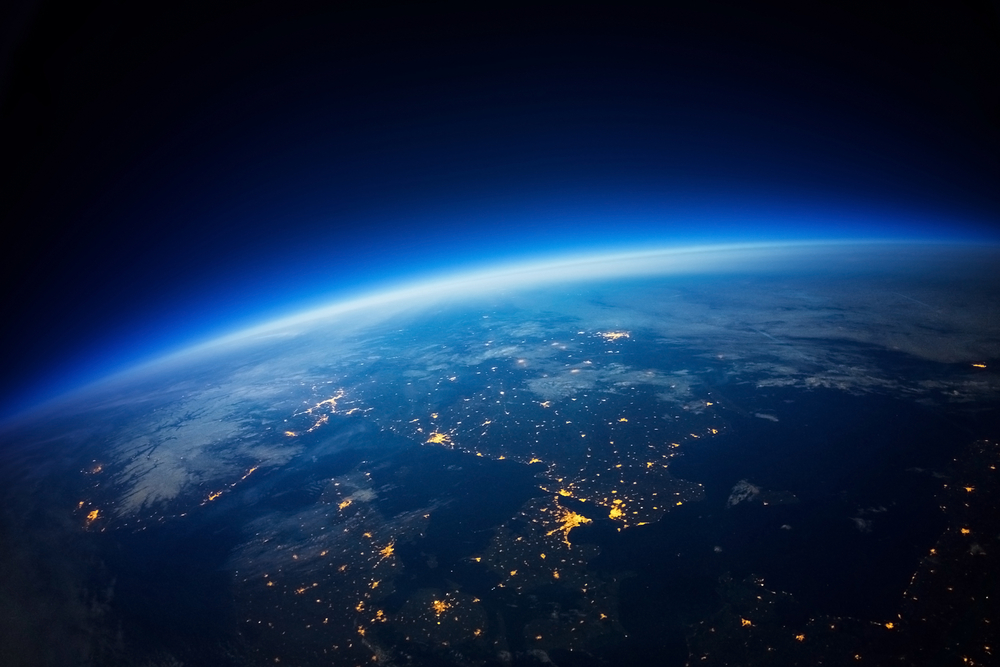
9 ways Open University research helped us understand the world in 2018
From discovering a new planet to predicting volcanic eruptions; tackling fake news to discovering reading habits of the past, Open University research has been helping us understand more about our world and beyond in 2018. 1. Scientists solved the mystery Amazon methane source A team involving The Open University found that trees growing on Amazon […]
Read more about 9 ways Open University research helped us understand the world in 2018
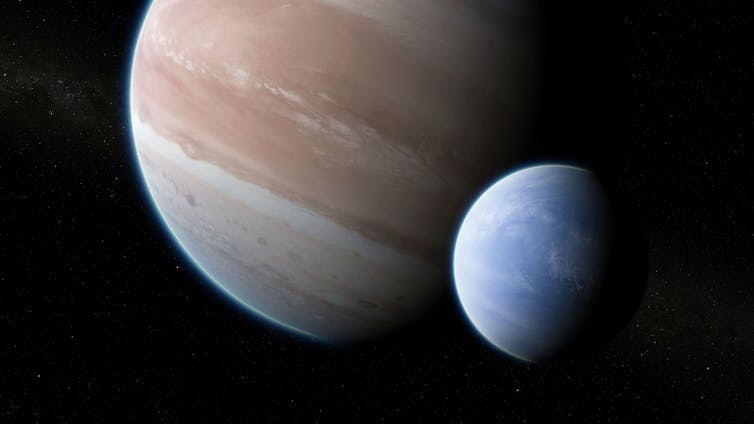
Exomoons: astronomers report first ever discovery
In Star Wars VI we first meet the Ewoks living on the Forest Moon of Endor. The planet Endor itself is a gas giant, but the Forest Moon is a habitable world, peopled by small furry sentient creatures. While we may not be living in the Star Wars universe, astronomers have now found the first […]
Read more about Exomoons: astronomers report first ever discovery
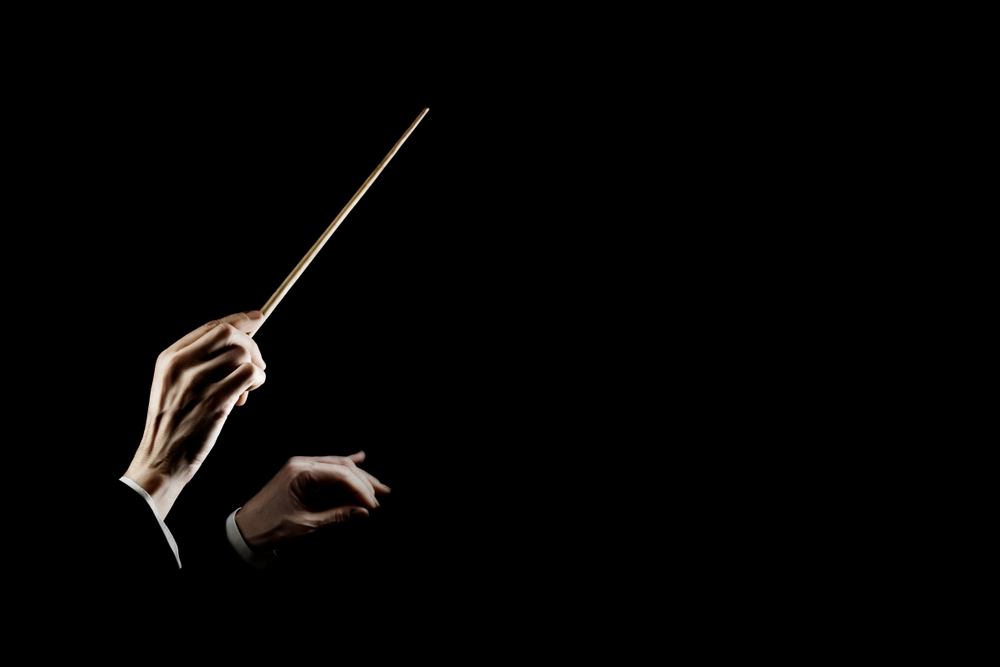
A classical composer. A geoscientist. And 100 years in-between
What would The Planets, the famous suite by English composer, Gustav Holst, sound like if it were created in the modern day? Celebrating 100 years since its first performance, The Open University’s Professor David Rothery has joined a group of UK-based scientists and composers who are combining music and science to develop an alternative musical […]
Read more about A classical composer. A geoscientist. And 100 years in-between
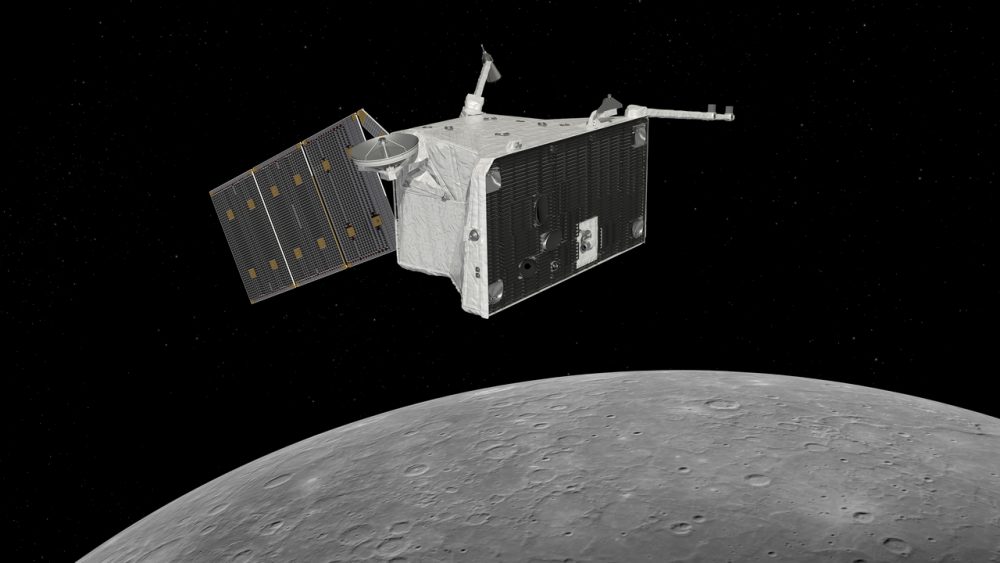
A journey to Mercury: TEDxLondon talk by Professor David Rothery
Professor David Rothery spoke at TEDxLondon in July 2018, talking about the upcoming BepiColombo mission, Europe’s first mission to Mercury. Setting off in October 2018, the mission will take seven years to reach its destination, with the spacecraft completing a complex trajectory to reach the planet before examining its surface and magnetic field in detail. […]
Read more about A journey to Mercury: TEDxLondon talk by Professor David Rothery
Page 6 of 11